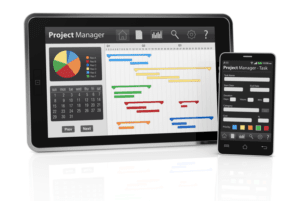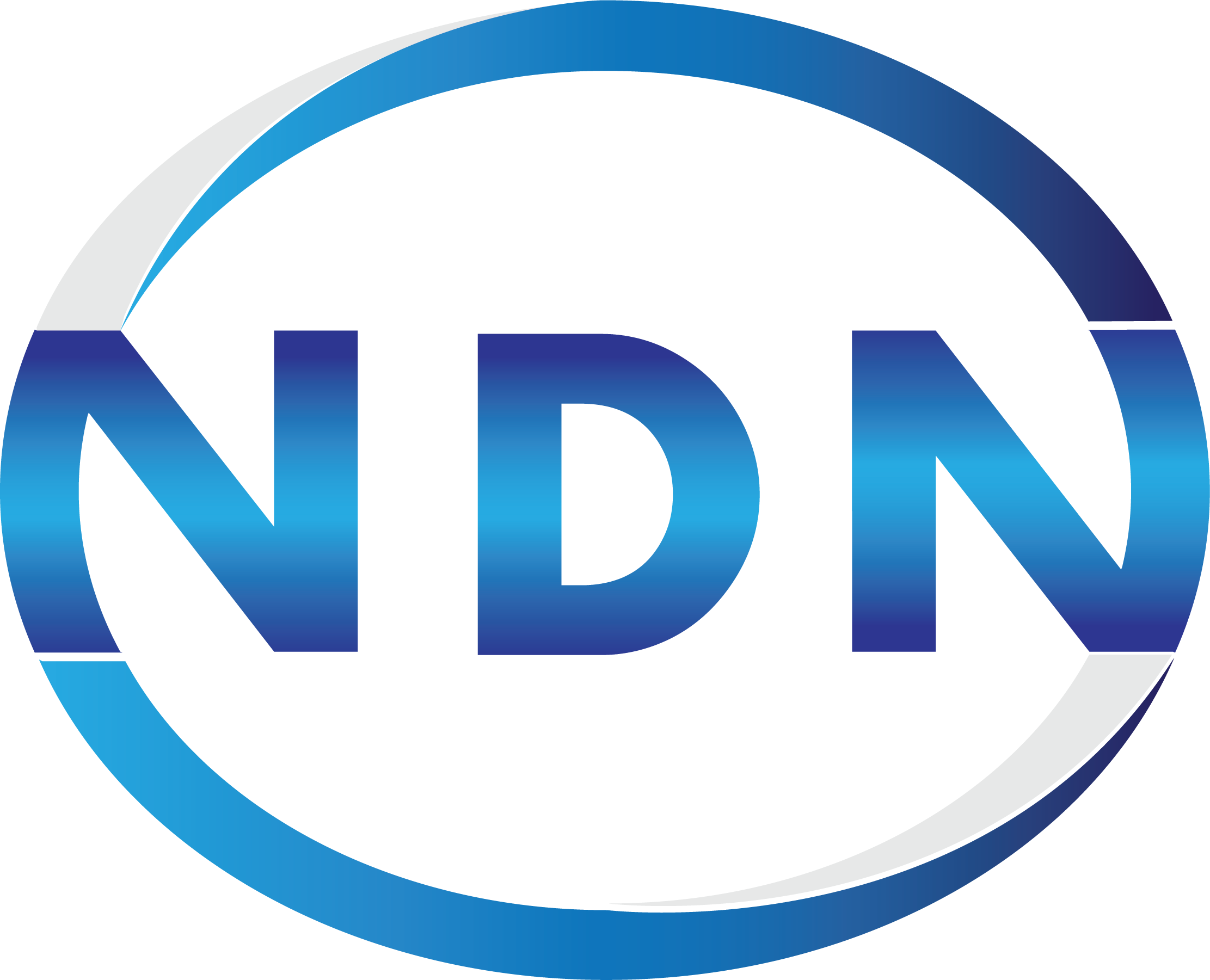
Many AP https://elham.ly/2024/02/02/what-is-royalties-in-accounting/ tasks are repetitive; filing invoices, attaching supporting documents, or sending them to the right people. Just like at home, you need a plan to make sure that all bills get paid…on time. Try to identify one key individual to serve as the A/P contact with vendors. Ensure that this person’s contact information is made available to all vendors. Anytime there is a change in the A/P contact the vendors need to be made aware along with any change in the process.
Healthcare Accounts Payable Solutions
AI tools can also read invoices, purchase orders, and delivery notes to identify product codes, quantities, and more. If payment will be a problem in a given month, give the vendor a courtesy call and let them know when they can expect payment. If there is a larger problem, be up front and do what you can to negotiate additional terms. Healthcare finance content, event info and membership offers delivered to your inbox.
Preservation of Resources: How Cashback Cards Strengthen Medical Practices
- Organizations should look for ways to pay vendors, suppliers, and other partners more efficiently while fostering stronger relationships.
- Every second counts on a doctor’s watch, and every minute saved, is a minute spared for someone’s care.
- It’s a spiderweb of interaction with various stakeholders, from providers to patients, pharmaceutical firms, insurance companies, and government agencies.
- 32% of hospital reimbursement leaders believe coding errors are the top reason for claim denials.
- They particularly like the cloud-based searchable invoice archive that has resulted in more visibility, less manual error, and manual work.
- Similarly, an inefficient AP system means you could miss out on early-pay discounts and even pay late fees that you could easily avoid with the right system.
We hope this guide has helped you understand accounts receivable in healthcare to effectively manage your healthcare facility’s cash flow. Therefore, outsourcing your medical billing and RCM operations to a professional firm, like MediBillMD, can help you survive and thrive in the competitive healthcare landscape without breaking the bank. Today’s healthcare organizations face many challenges as they strive to provide greater value to patients while reducing costs. Your accounts payable system doesn’t have to be part of the struggle when you embrace AP automation. Today’s technology offers a vast array of solutions to help organizations manage accounts payable. But a healthcare-focused accounts payable system, specifically designed to meet the unique needs and challenges of healthcare organizations, can provide the flexibility, security, and efficiency accounts payable healthcare you need.

New data points to financial upsides in rethinking patient payment plans
Are you confused about the difference between accounts payable and accounts receivable in healthcare? Here’s a quick breakdown of the differences to help you get started and stay on top of both numbers for a healthier RCM. They play an integral role in revenue cycle management (RCM)Medical Billing by directly affecting the healthcare organization’s sustainability and financial health. Healthcare facilities struggle to stay profitable amidst reimbursement cuts and ever-evolving regulations.
- Invoices often come with other documents, like contracts, credit notes, or reminders.
- Remove the need for printers and filing cabinets and eliminate the paper-related drudgery from your everyday operations.
- The right AP automation platform can tackle these challenges head-on.
- You can use healthcare payment technology to schedule electronic payments and even print paper checks.
- Help improve management of spending, reduce back-office expenses, mitigate risk and boost bottom-line results.
Because the technology is cloud-based, the need for internal IT involvement is minimized—organizations don’t have to be involved in frequent upgrades or complex installations. Many solutions also seamlessly integrate with ERP systems, requiring little downtime to connect automated payables solutions with existing systems. A healthcare accounts payable clerk will review invoices from vendors to ensure accuracy and validity, process payments, analyze invoices, and more. Missed or overdue payments can wreak havoc on cash flow, cost a bundle in late fees, and damage supplier relationships, potentially bringing to a halt the flow of goods and services that are essential to delivering care. APS stays on top of the latest trends and best practices in healthcare accounting.
- Of course, all of this can complicate your ability to account for every penny.
- For Accounts Payable (AP) departments in healthcare, reliance on manual processes or outdated technology creates a challenging environment.
- Healthcare organizations experience fluctuating invoice volumes and payment cycles.
- AP Automation offers an opportunity to act on the analytics gathered.
- Tipalti offers a completely integrated solution for invoice management and bill processing.
Financial Wellness in Healthcare: Cashback Cards for Medical Practitioners
In a healthcare organization, the accounts payable department is typically responsible for handling all aspects of the organization’s accounts payable process. This includes issuing and tracking invoices, processing and paying vendor bills, reconciling vendor statements, and maintaining accurate records of all accounts payable transactions. The accounts payable department may also be responsible for working with the organization’s finance team to manage cash flow and ensure that all payments are made in a timely and accurate manner.

Managing accounts payable in healthcare is an intricate yet vital task that ensures the financial health of the organization while supporting its ability to deliver quality patient care. By adopting technology, streamlining processes, and following best practices, healthcare institutions can enhance operational efficiency, reduce costs, and maintain strong supplier relationships. If the organization delays this important change, it could miss out on key revenue opportunities such as rebates and early payment rewards. It could also continue to spend money on outdated processes that are inefficient and quite likely unreliable. As the broader financial landscape evolves toward digital solutions, healthcare organizations will need to rethink how they approach payment processes and embrace the idea of electronic options. Despite the benefits of automated systems, some healthcare organizations continue to resist changing their existing accounts payable processes.
Healthcare is a complicated business because it deals with life and death. Although it may sound like a stretch to claim that accounting software can improve a patient’s experience, it really boils down to the amount of time saved. Every second counts on a doctor’s watch, and every minute saved, is How to Run Payroll for Restaurants a minute spared for someone’s care. A variety of AP tasks can benefit from automation, from the end-to-end approval process to PO-matching, vendor onboarding, compliance, payments, and reconciliation. As the healthcare industry faces growing challenges, like increasing patients and a dwindling workforce, automation bridges the gap for better productivity and a more satisfied team. Automation will improve patient outcomes by ensuring processes run smoothly.

Diversicare Healthcare Services Inc.

They might be less willing to deliver necessary items, especially in times of shortages when supply chains are strained. Our team of AP specialists is knowledgeable in healthcare accounting and is always available to respond to inquiries, resolve issues, and provide ongoing support, ensuring smooth AP operations. Ensure consistent pricing details for all vendors and suppliers, reducing errors in the medical care industry. With all the components of healthcare Accounts Payable, it’s vital to know the status of each payable.

No responses yet